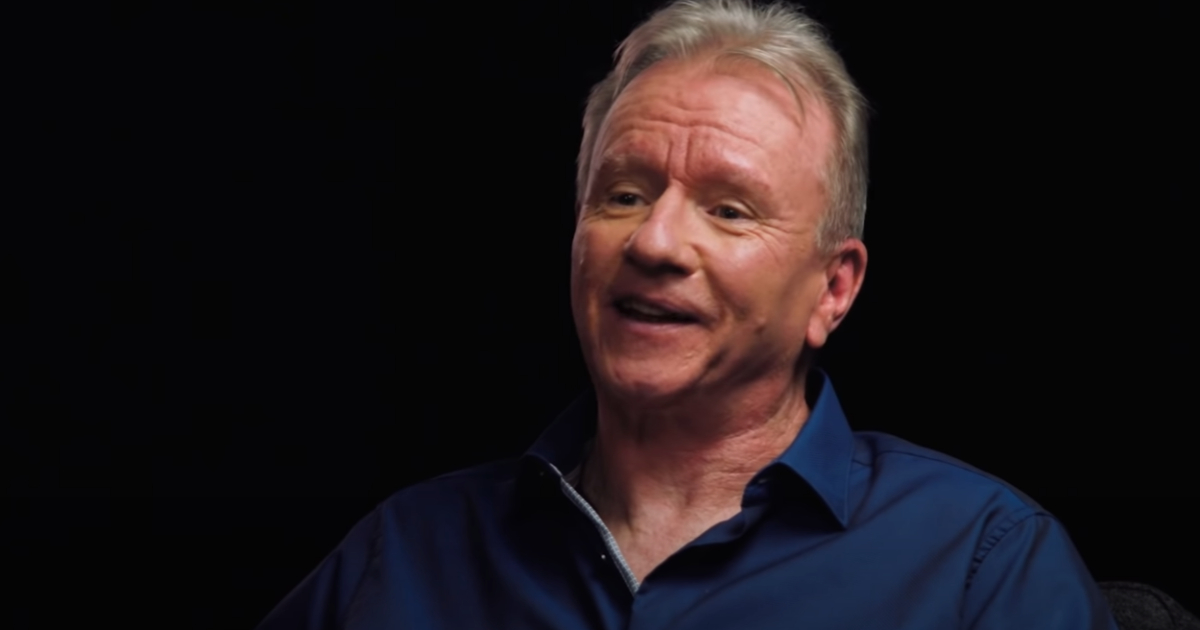The third day of the FTC v. Microsoft hearing featured pre-recorded testimony from Sony Interactive Entertainment boss Jim Ryan. Here is what he had to say about the Activision Blizzard deal and its potential impact on the PlayStation platform.

Jim Ryan (Image: GamesIndustry.biz)
As pointed out by The Verge’s Tom Warren, Jim Ryan’s pre-recorded video deposition was 70 minutes long. The entire day three of the FTC v. Microsoft hearing is now also being livestreamed via Zoom.
Sony’s negotiations with Microsoft over Activision Blizzard games
- According to Ryan, Microsoft Gaming head Phil Spencer last year sent him a list of games that would remain on PlayStation if the Activision Blizzard deal closed. It appears that it only included older titles — e.g. Overwatch 1, not Overwatch 2, and no Diablo 4.
Jim Ryan says the list Phil Spencer sent in email of Activision games that will contine to be supported on PlayStation were older games not new ones
“For example Overwatch is on there, but not Overwatch 2”
— Benji-Sales (@BenjiSales) June 27, 2023
- Ryan said Sony worked closely with Activision on adding DualSense features to the PS5 version of Call of Duty, but the merger with Microsoft would make that partnership impossible. The main reason is the commercial risks of sharing confidential hardware information (including devkits) with the main console rival.
- This relates to his previous comments to the FTC, saying that SIE simply “could not run the risk of a company that was owned by a direct competitor having access to that information.” That’s why Sony delayed supplying PS5 devkits to Minecraft developer Mojang, worrying that Microsoft could use hardware info against it.
This bit fits an FTC argument that Microsoft buying Activision diminishes innovation. (It’s confusing me, because it’s unclear that Activision’s contributions to PS5’s formation is greater than, say, Bungie’s to Xbox advances. Case hasn’t been made)
— Stephen Totilo (@stephentotilo) June 27, 2023
- According to Ryan, he initially didn’t have concerns over the Activision Blizzard deal, but an email sent by Spencer in August 2022 “really set alarm bells ringing.” The content of this message is undisclosed, but Sony was definitely worried about Microsoft potentially degrading PS versions of Call of Duty in terms of release dates, bugs, and overall quality.
Platform exclusives and Microsoft’s incentive to foreclose Sony from accessing CoD
- Speaking of Starfield being exclusive to the Microsoft platform, Ryan said, “I don’t like it but I don’t view it as anti-competitive.”
- The SIE boss noted that he never offered Bobby Kotick to make Call of Duty a PlayStation exclusive, nor did anyone at Sony. However, he is concerned that Microsoft would have the incentive to keep the franchise off PlayStation.
- But when asked whether he would make Call of Duty and other Activision Blizzard titles exclusive to Xbox and PC if he was in Microsoft’s position, he said it is a hypothetical question.
Ryan asked if he thinks Xbox would keep CoD off other platforms. He does, believing it is incentivized to do so. Asked if he would do that if he ran Xbox, he says it’s a hypothetical.
MS lawyer: “You don’t get to not answer.”
Ryan: “I don’t have enough knowledge to answer.”— Stephen Totilo (@stephentotilo) June 27, 2023
- Ryan also confirmed that he has told Activision Blizzard CEO Bobby Kotick: “I don’t want a new Call of Duty deal. I just want to block your merger.” The controversial comment was made during a meeting in Brussels back in February.
- According to Ryan’s testimony, Kotick wanted to “cover himself” and extend the existing partnership with PlayStation in case Microsoft’s acquisition of Activision Blizzard was blocked by regulators. The SIE Boss told him that “the transaction was anti-competitive” and that he hoped that “the regulator’s would do their job and block it.”
- Ryan said the biggest harm to SIE’s business may arise from players leaving PlayStation and migrating to Xbox. Sony believes that Microsoft would use Call of Duty to increase Game Pass subscribers and make people choose its platform over competitors.
Cloud gaming
- According to Ryan’s testimony, cloud gaming will become a “meaningful component of how gamers access games between 2025 and 2035.” Right now, PS Now has 3 million subscribers, but Sony is making “signficiant investments” in this area.
- Microsoft’s possible unfair advantage in the cloud gaming market is one of the main arguments UK and US regulators have against the Activision Blizzard deal. In April, the UK’s Competition and Markets Authority (CMA) used it to block the $68.7 billion merger.
- Microsoft later appealed the ruling, saying that cloud gaming services and native gaming are substitutable. It believes that if players can switch between these ways of consuming products, they are both part of the broader games market, which makes the CMA’s definition flawed.
- Xbox corporate VP of gaming Sarah Bond also told the FTC that Microsoft sees cloud gaming as “just a console feature” and that it shouldn’t be considered a separate market.
